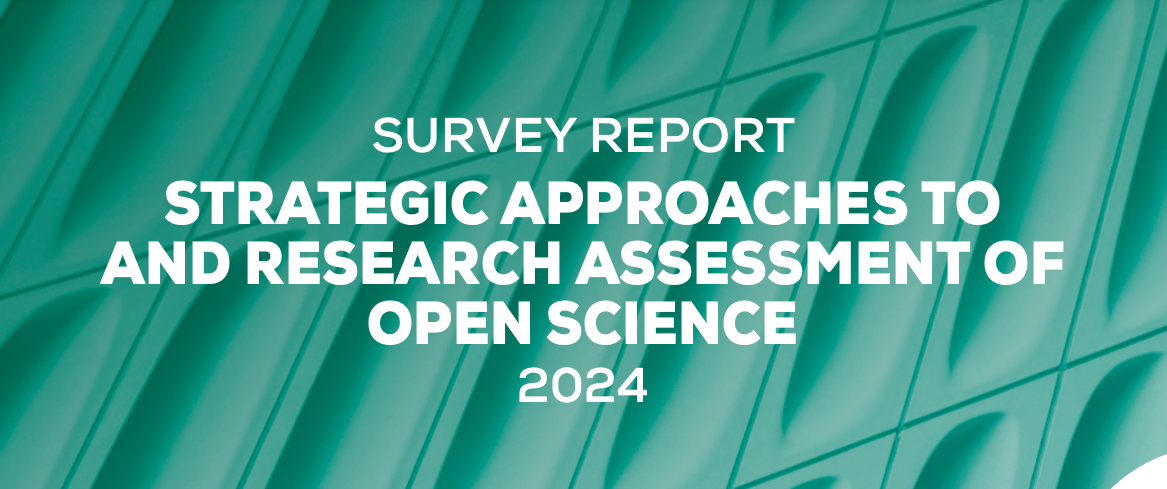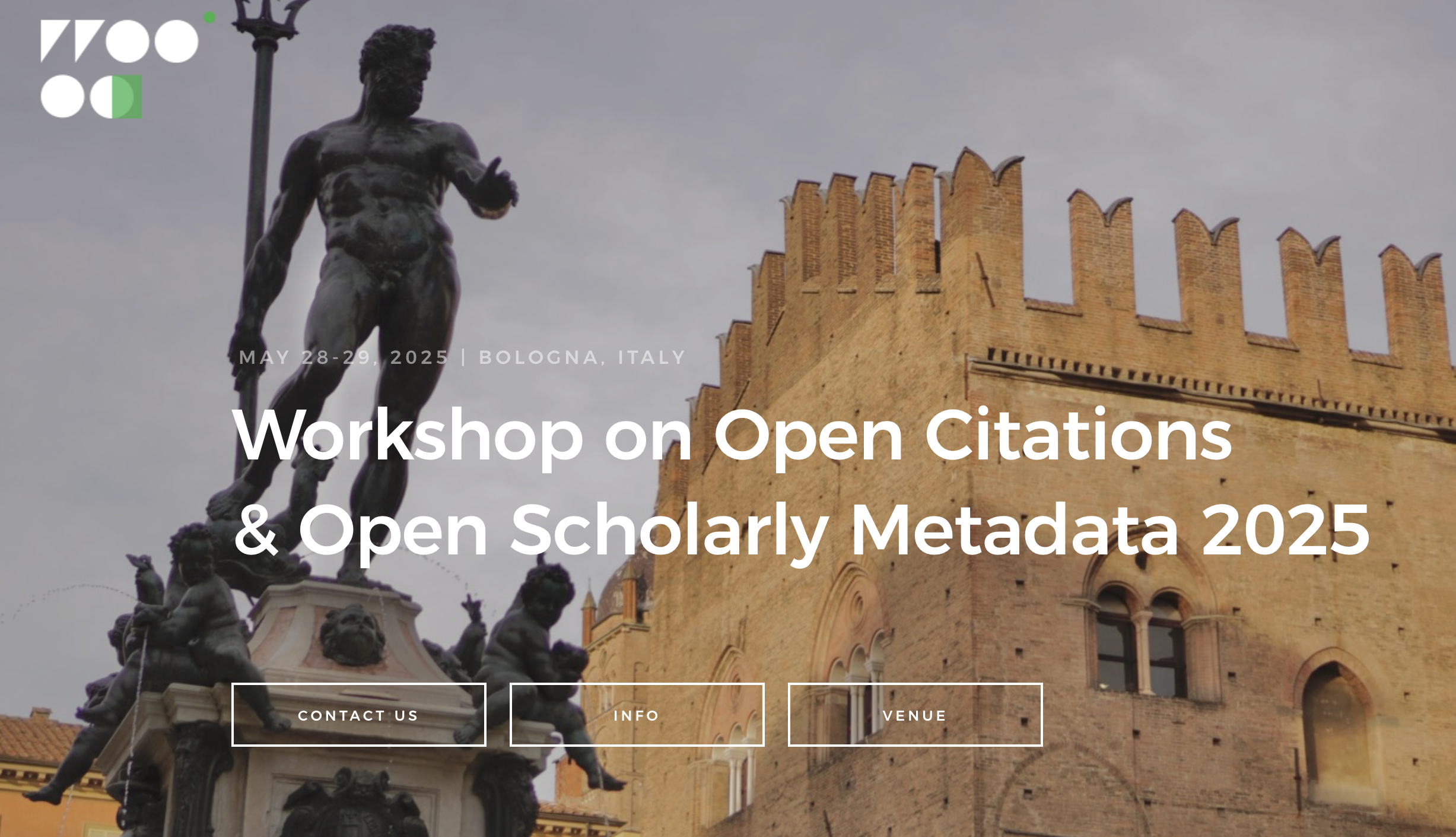Assessing Open Science: an overview of the Science Europe survey report

Several European research performing and funding organisations are embracing Open Science and research assessment reform, while international initiatives like the Coalition for Advancing Research Assessment (CoARA) are driving changes in policies and practices. The Science Europe survey report “Strategic approaches to and research assessment of Open Science”, published in October 2024, describes a shifting landscape where institutions are getting more ambitious with their objectives, often moving beyond the initial focus on Open Access to publications, and showing increasing levels of awareness regarding the link between Open Science and research assessment reform.
The survey, which was conducted from 27 March to 10 June 2024, asked participants to answer questions regarding their strategic approaches to Open Science as well as their research assessment, monitoring, and evidence-gathering activities. 36 Science Europe members across 28 countries responded to the survey, which is intended as the first stage of a consultation process with the following steps being a series of member workshops and a tender for study into Open Science and Research Assessment which launched on 11 November 2024.
Open Science: a strategic priority
When asked whether they followed a documented approach to Open Science, the vast majority (26) of member organisations responded positively with almost half indicating that they follow international policies. The survey showed that a diverse array of Open Science policies and practices are recognized, with Open Access to publications and FAIR (Findable, Accessible, Interoperable, and Reusable) research data being the most commonly present. Only a smaller number of respondents (8) contemplate open evaluation practices such as open peer review and transparent indicators and metrics.
A consensus emerged in relation to what organisations see as the benefit of Open Science for the evolution of research culture. Around 75% of respondents pointed both to quality and integrity and to collective benefit as core values underpinning their approaches. Responses suggested that a majority sees Open Science as a means to improve the quality of research. 30 organisations believe their Open Science will lead to greater transparency, scrutiny, critique, and reproducibility, while 25 indicated collaboration, participation and inclusion as goals.
Particularly notable is also that while most organisations identified themselves as being the primary drivers for their approaches to Open Science, a significant portion (22 respondents) suggested that the United Nations and the European Union played a significant role. As observed by the authors of the report, comments from participants reveal that most organisations seek alignment with international agreements achieved in CoARA and UNESCO when updating their policies. Comments also suggest that members of Science Europe are looking to incorporate more elements of Open Science and are increasingly considering models such as the Diamond Open Access for their Open Access publishing policies.
Interesting elements emerged from the section regarding the obstacles organisations are facing when developing and implementing their approaches to Open Science. While most respondents cited financial concerns as the most impactful factor, issues with monitoring, lack of coordination with national systems, technical complexity and lack of organisational capacity were also prevalent.
Assessing openness: requirements and support
Going beyond the programmatic approach of RPOs and RFOs, the survey also brought into focus how much Open Science practices are taken into consideration during assessment events, both for funding allocation and for career progression of researchers. Responses showed that in both instances, Open Access to research articles and books, FAIR data, and Open Access to research data were the most widely recognized practices. Survey answers also reveal that other Open Science practices such as open source research software, code and tools, open research methods, open research infrastructures, citizen science or open stakeholder engagement are better recognised in the context of researcher evaluation than in research project assessment.
Open Science assessment practices diverge in another notable category, namely its frequency. While 21 respondents require funded projects to engage in at least some Open Science practices for all their funding programs, 8 do so for some, and 2 plan to do so. Leaving only 4 not including any requirements. This contrasts with the assessment of researchers, with 11 organisations not contemplating any Open Science practices when considering eligibility for career advancement or funding. The authors of the report suggest this could be the result of different types of assessments taking place: ex ante for research projects, and ex post for researchers’ track record.
Regarding providing support to applicants in relation to funding requirements for Open Science, most respondents said they provide guidance documents and, to a lesser extent, dedicated staff to both research projects and individual researchers. Only a few (13 out of 29 respondents) said they offer tools and platforms to applicants for funding. A similar percentage (7 out of 17) have said to offer such a means of support to researchers.
Lastly, surveyors asked organisations about the openness of their research outputs, a question explicitly inspired by the Barcelona Declaration on Open Research Information. Only a small minority said to openly share all research information while the vast majority do so for some. While almost a third of participants said to perform evidence-gathering activities related to Open Science, far fewer indicated that they commission or fund such activities.
Overall, the findings of the Science Europe survey report provide insights into the evolving landscape of Open Science and research assessment reform, highlighting how research community stakeholders and policy makers are actively involved, and working together to create a more open research culture. GraspOS is committed to support the uptake of Open Science in research and innovation policies, and to facilitate policy alignment between research organisations seeking to reform their assessment practices.



